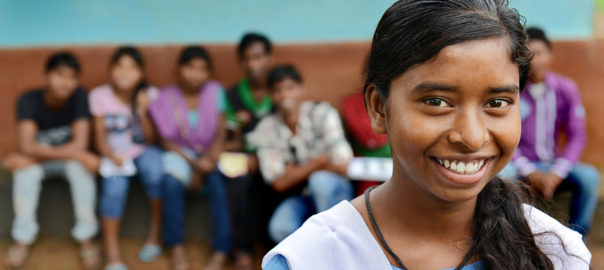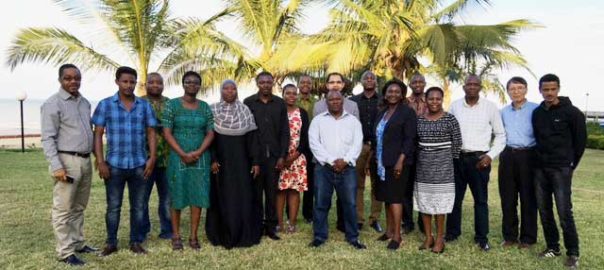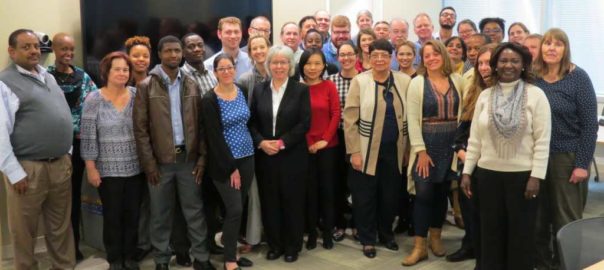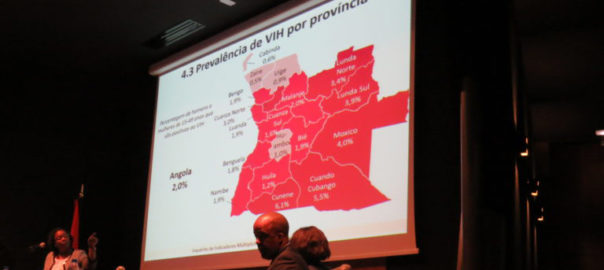International Women’s Day through the lens of the India National Family Health Survey
For over 20 years, The DHS Program has collected information related to women’s empowerment, experience of spousal violence, women’s participation in decision making, and, more recently, women’s access to money and credit. International Women’s Day is the perfect opportunity to celebrate the progress women have made based on one of our most highly anticipated surveys. The […]








